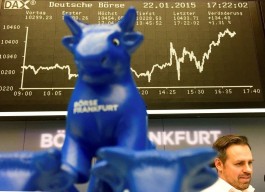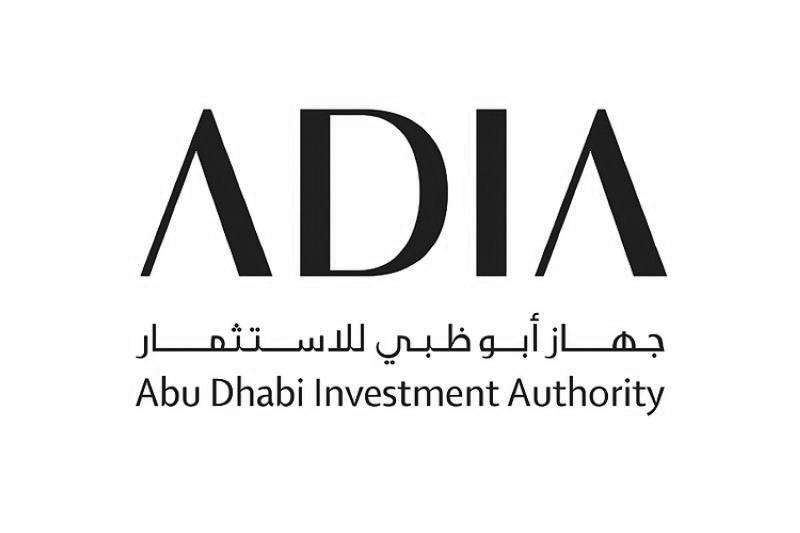The Abu Dhabi Investment Authority announced on Thursday that the percentage of assets managed internally will increase from 55 percent in 2022 to 64 percent in 2023.
The Abu Dhabi Investment Authority said in its 2023 annual report, which provides a comprehensive and detailed overview of its various activities during the past year and sheds light on its expectations for the current year, that the increase in the percentage of internally managed assets is mainly due to the Master Portfolio Department’s methodology in managing the Authority’s investments in stocks, within portfolios similar to the indexes.
At the private equity level, the Authority has leveraged its established relationships in the sector to enhance its presence, expand its footprint and achieve better returns, according to the report.
The allocation to private equity investment in 2023 increased to 12-17 percent of the Authority’s total portfolio, compared to 10-15 percent in 2022.
The Authority is clearly aware of the existence of a set of interconnected global transformations currently underway in various fields, including technological, economic, energy-related and others.
The Authority has been able to prepare to take advantage of the opportunities arising from these rapid developments in many ways.
As of December 31, 2023, the annual rate of return of the device over 20 years was 6.4 percent, while over 30 years it was 6.8 percent, compared to 7.1 percent and 7 percent in 2022.
The report contains a detailed analysis of the financial market conditions for each of the asset classes in which the Authority invests, and reviews the latest developments witnessed by the investment departments within the Authority.
The report stated that the Morgan Stanley Capital International (MSCI) World Index rose by 24 percent in 2023, with most of the gains achieved in the final months of the year as investors’ appetite for risk improved.
Fixed income markets improved, posting a significant year-end rally as investors awaited the announcement of potential interest rate cuts.
On the other hand, private assets were affected by the rise in interest rates, which negatively affected the feasibility of deals.
ADIA has demonstrated a strong ability to generate strong returns in some global markets, while benefiting from market volatility in regions that have faced significant challenges.
In recent years, the Authority has sought to focus on the total return achieved at the investment portfolio level, in contrast to the traditional approach of seeking to have individual asset classes perform better than the performance of benchmark indices.






































